A new stricter policy prohibits phone use during study hall to focus more on academics.
Assistant principal Brent Gehring explained the intended impact on students: “We hope to get their homework and assignments done, we hope that rather than going on to social media and aimlessly scrolling through videos and pictures, that they would pick up a book and read a book from the library, read an excerpt from an English textbook and just focus on academia instead of entertainment.”

Phones are an integral part of teenagers’ daily lives. Many students oppose the policy, arguing that phones are essential for communication.
“Obviously each situation is a little different, and you handle each one a little differently, but there’s difficulties all over the place,” Gehring said. “There are kids, parents and teachers who don’t buy into the policy.”
Gehring said the attachment to tech is not just a student problem.
“This is not about kids being out of control on their cell phones. It’s about understanding how addictive these tools can be. If it affects me, I can only imagine its impact on a 14-, 15- or 16-year-old,” Gehring said.
Gehring said he was aware of the cricitism.
“I ask kids what they think, and obviously their initial reaction is, if it’s new to them, it’s ‘Oh, I hate it.’ But some don’t even notice a difference,” the assistant principal said. “I think that by doing it, the hallways seem better – the phones are still out there, and I still tell kids to look up or they’ll run into a wall, but the … increase in interaction is very visible, and I hope kids can feel it as well,” Gehring said.
Mr. Roger Campbell, SkillsUSA advisor and Woods and Cabinetry instructor, shared both positive and negative observations.
“I have seen a fair improvement of students actually using the time to work on their class content instead of getting out their phones right away to play their favorite game or watch a movie, Snapchat, TikTok…on and on and on,” Campbell said. “The biggest issue is that students have found that their laptops can be just as conducive to wasted time as their phones were. … Students have become artists of wasting time, and it is not going to help them as they move on towards their future endeavors.”
Campbell, who oversees study hall in the cafeteria during 7th period, said students needed to find meaning in their learning rather than just do the tasks to get them done.
“The biggest thing that students need to learn in this day and age is that they need to concentrate their efforts into quality time management,” Campbell said, putting the emphasis on quality. “You can only put off what you have to do for so long before it becomes an emergency task that has to be done in haste, and then the student sacrifices the meaningful quality of the task.”
Gehring said the policy change was based on input from other schools and data on student achievement.
“[We] just try to use the information that others are giving us to make the best decision that we can for our kids. In terms of academics, we are always watching. There have been a lot of factors, and cell phones are just a piece of it, but the trajectory that we’re on and the completion rate of assignments and incompletes and failure percentages … all of that trend data is trending in the right direction. And we think that cell phones aren’t the answer for everything, but it is assisting in that,” Gehring said.
Junior class officer Maddie Larsen shared mixed feelings about the policy.
“The phone policy is generally viewed in a negative light, and restricting usage in a non-graded course could foster bad attitudes and other ways to mess around,” she said. However, Larsen added, “It may … force students to be productive.”
Campbell said the policy could help students get more out of their classes and prioritize their attention.
“Too often in the past we have watched as students would rather turn off what is going on in the classroom so they can turn on their phones and get lost in social media and their phone games,” he said.
Campbell said the impact isn’t just academic.
“I think not having phones available for use during class time would also curve some of the social bullying and how students use their phones to record things that could be offensive or hurtful to others,” he said.
Still, students struggle to adjust.
Senior Colton McQueen said, “For most students, after they’re done with their work, they can’t really do anything else…. Normally last year, I’d go on my phone after I was done with all my studying.”


![Pictured above is a structure that displays the names of Nebraska Vietnam veterans in order to “honor [their] courage, sacrifice and devotion to duty and country.”](https://plsouthsidescroll.com/wp-content/uploads/2025/10/Trey_092625_0014-e1760030641144-1200x490.jpg)



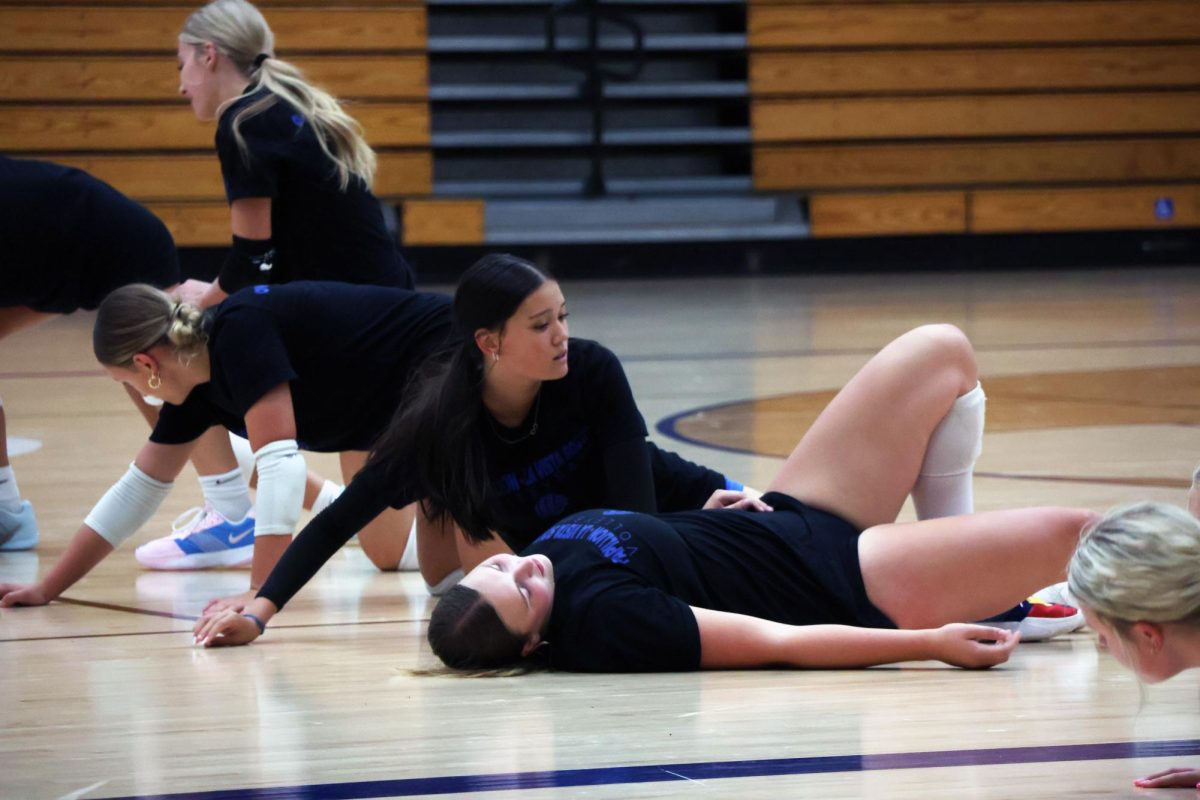




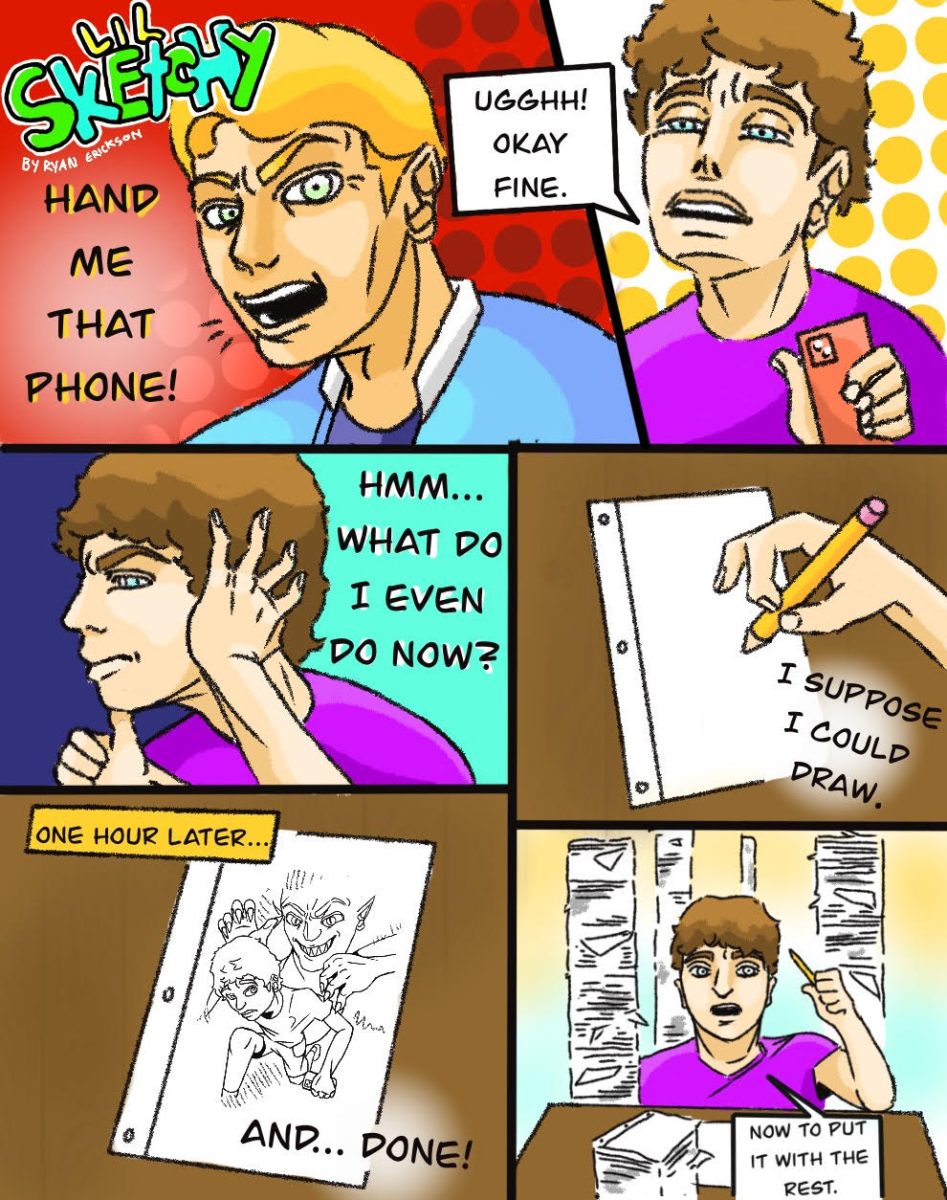










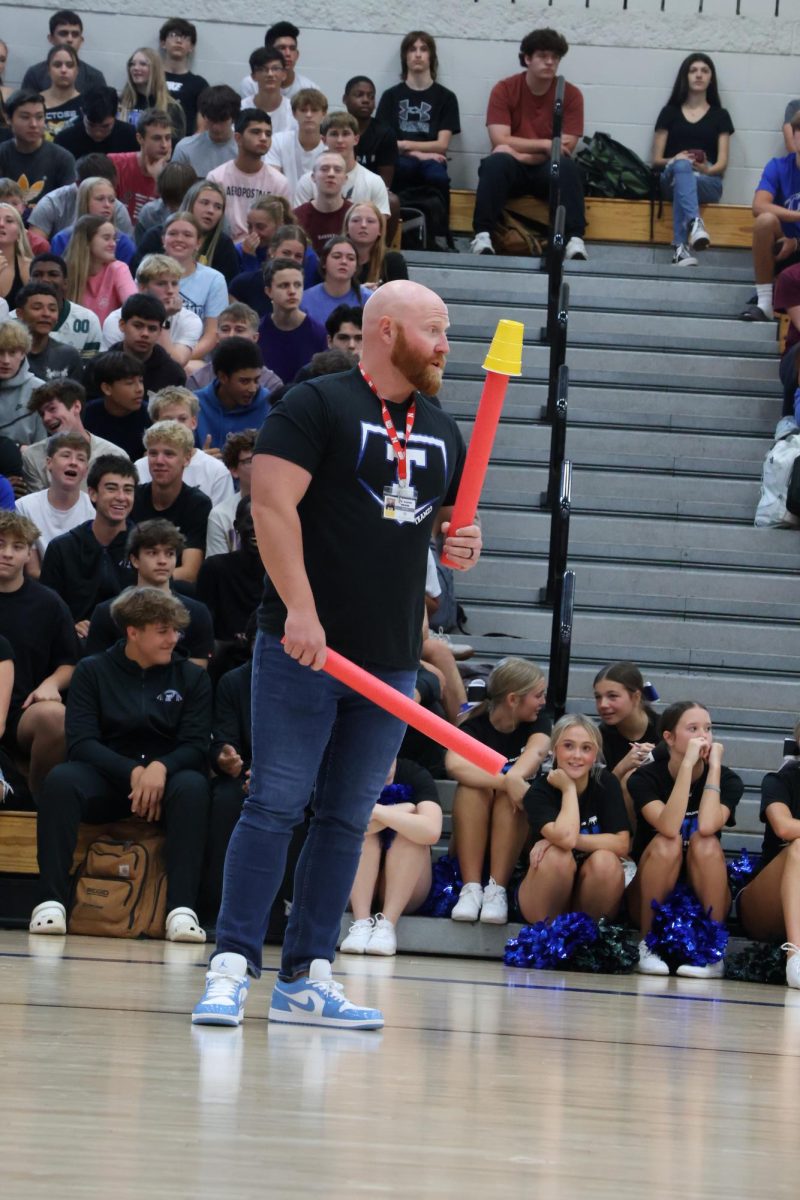
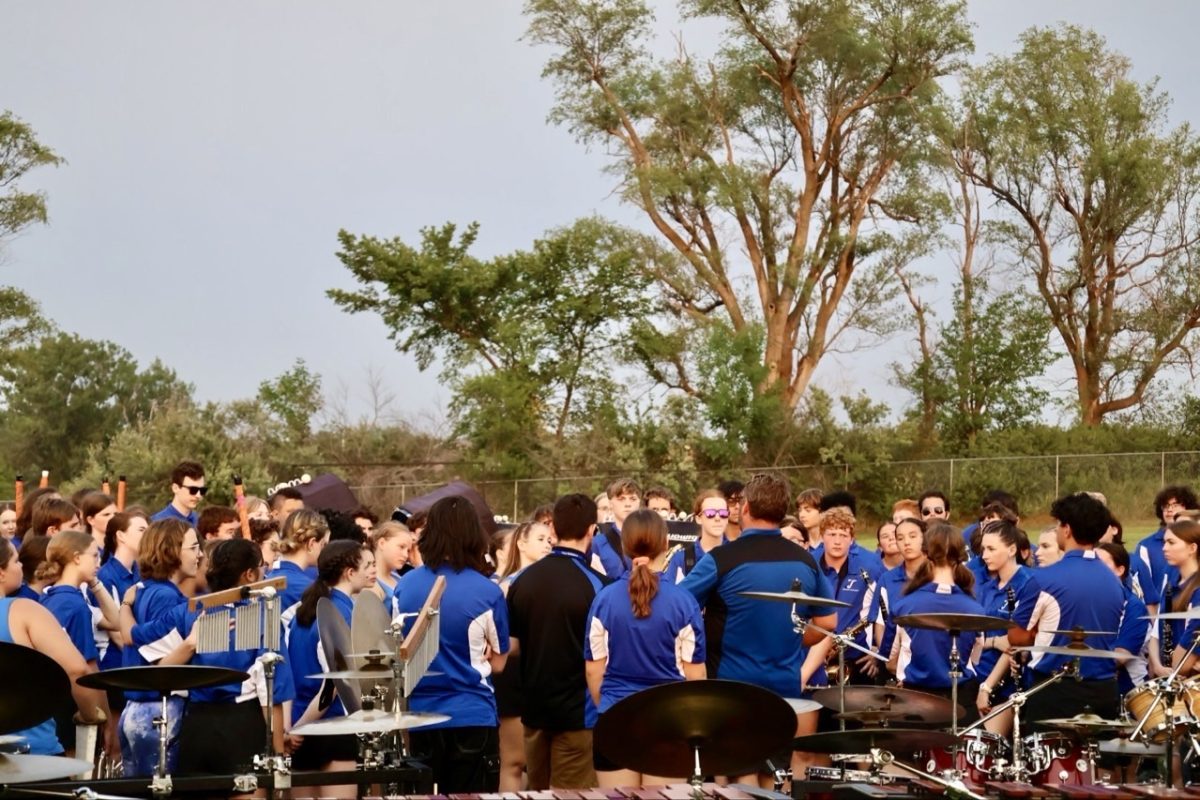

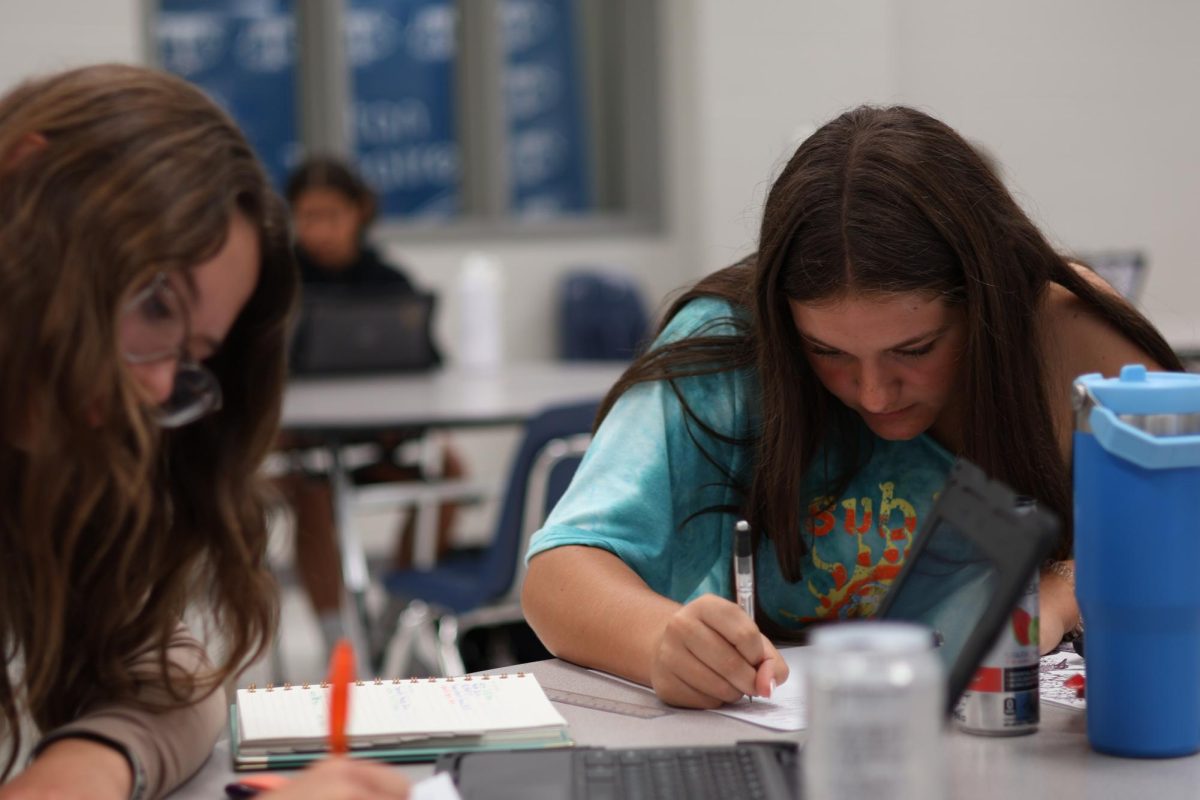



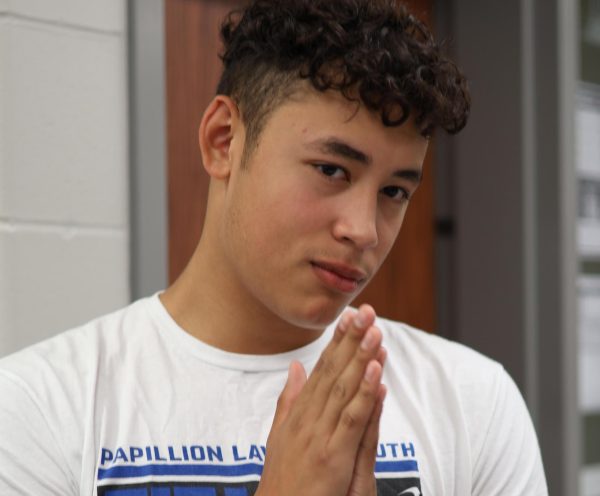
Anderdingus Hasselhoff • Oct 15, 2024 at 11:23 am
This phone ban during study hall is definitely an interesting move. On one hand, it could help students focus more on their work, but I can see how it might also lead to frustration if they have nothing else to do. It’ll be important to find a balance and ensure students have other engaging options to fill that time. Curious to see how this plays out!